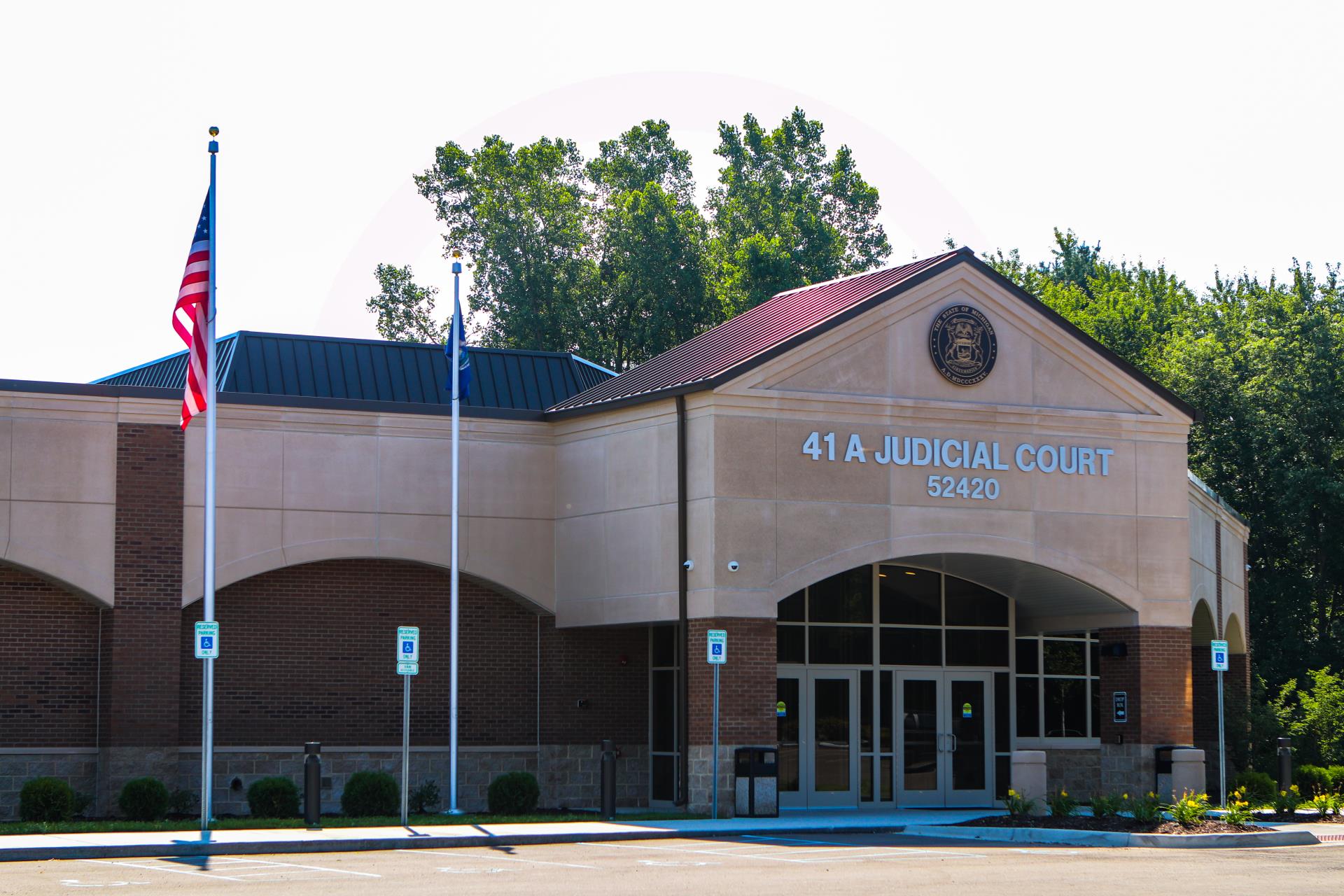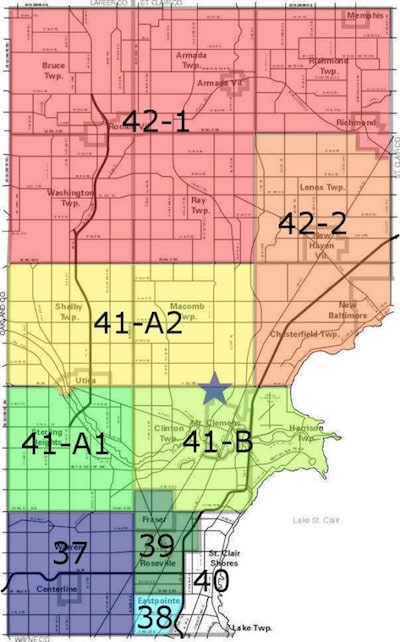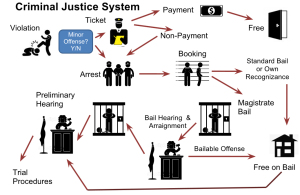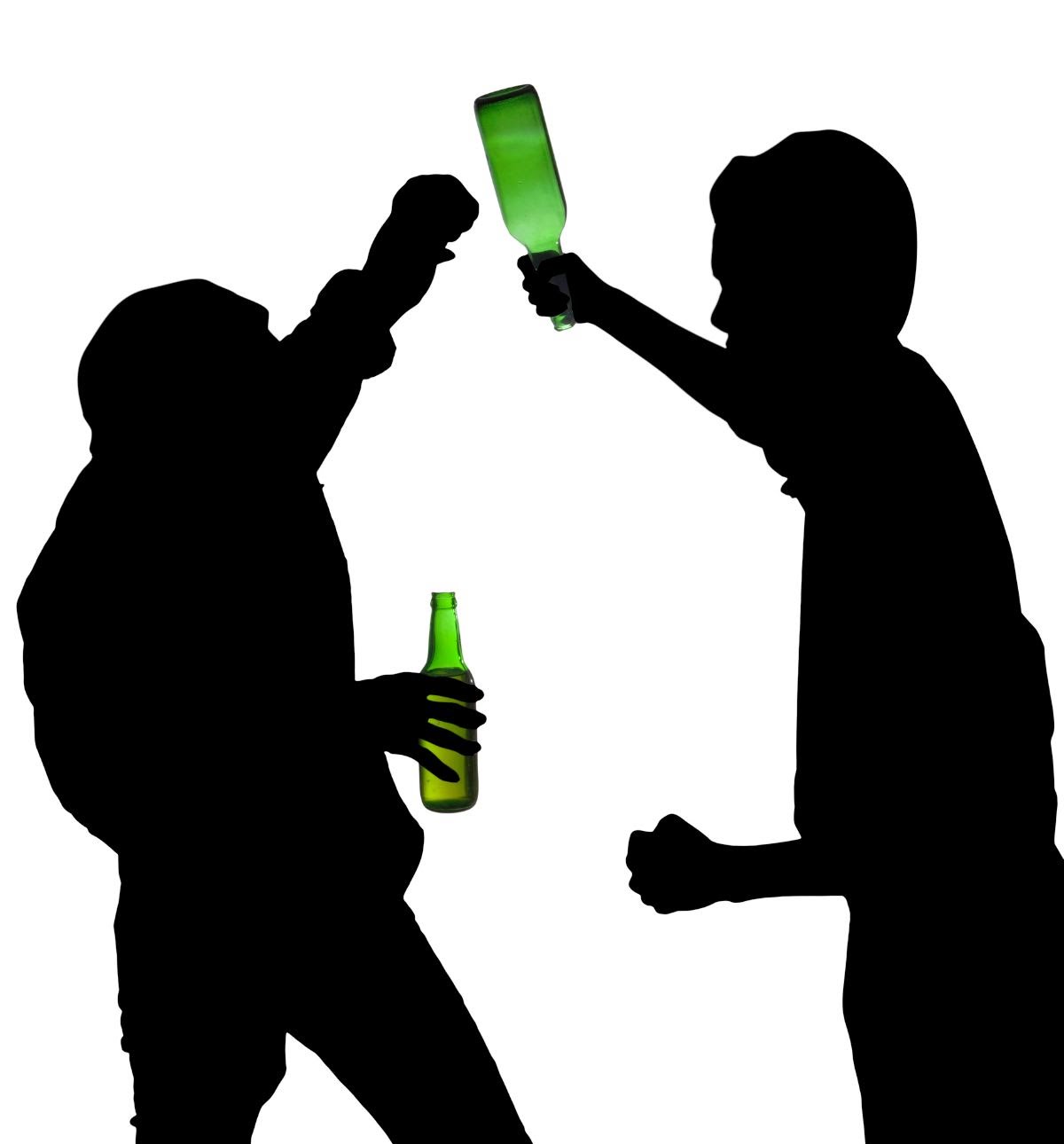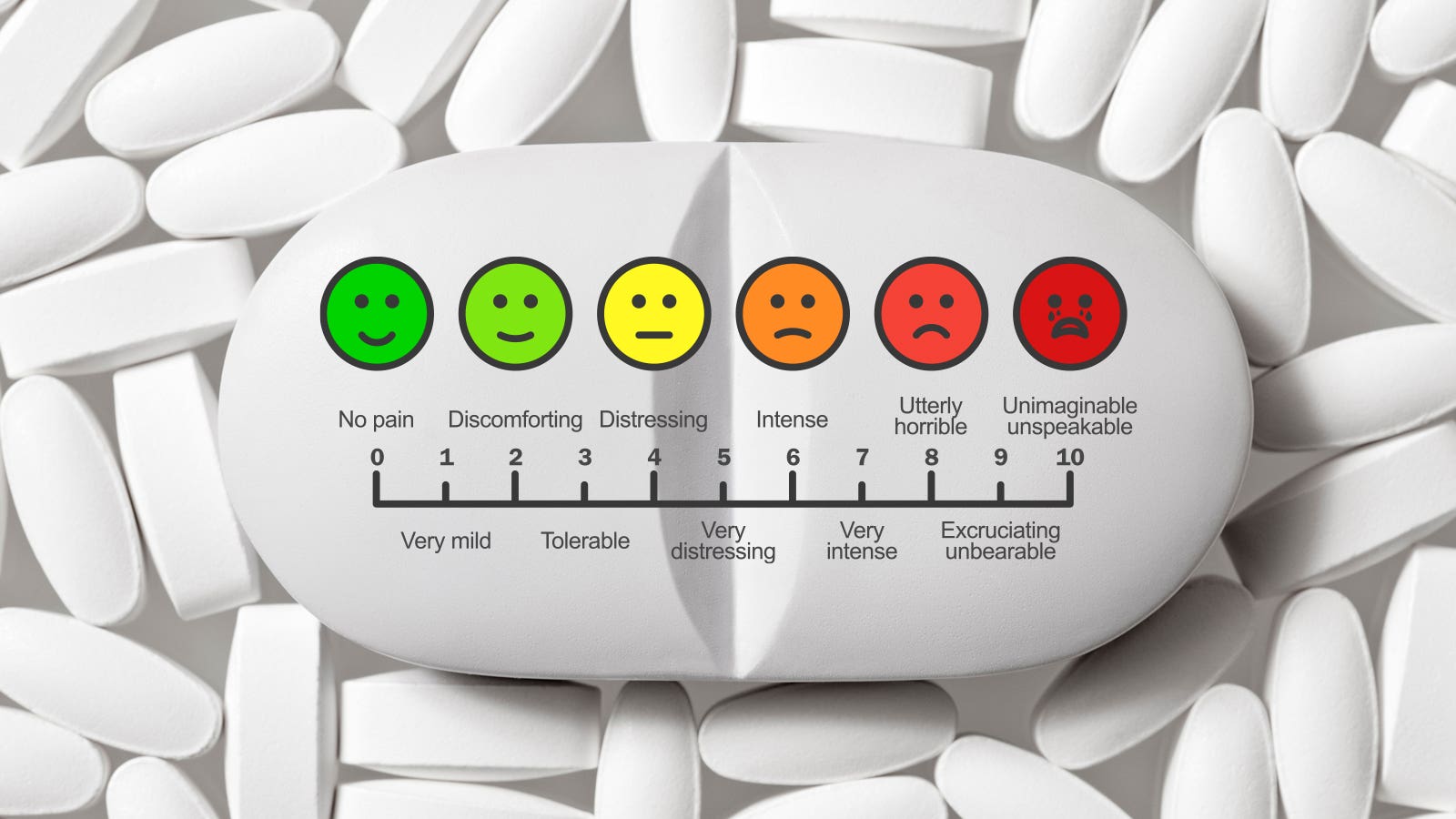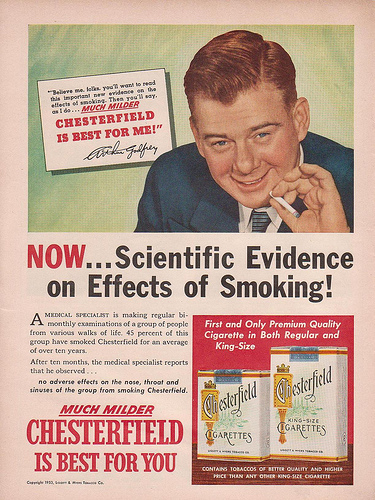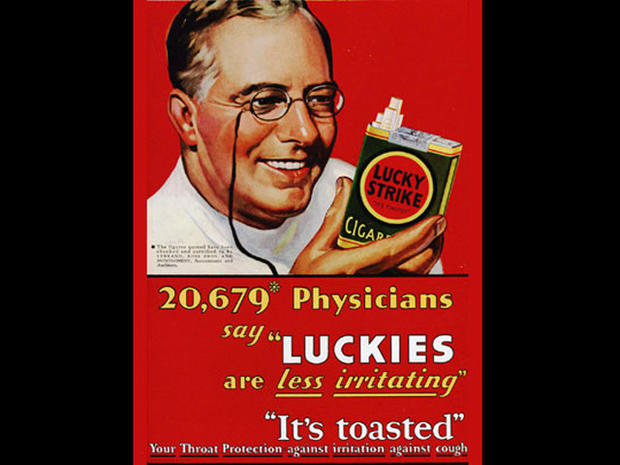41A District Courts: Locations in Shelby Township & Sterling Heights
Macomb County’s 41A District Courts
There are 2 divisions of the 41A District Courts located in Macomb County which which cover distinctly different geographical regions of Macomb County.
41A-1 District Court, Sterling Heights Division
- Court Address:40111 Dodge Park, Sterling Heights, MI 48313
- Geographical jurisdictional area covered: Sterling Heights
- General Phone: 586-446-2500 Fax: 586-276-4074
- Criminal Phone: (586) 446-2550
- Traffic Phone : (586) 446-2575
- Probation Phone: (586) 446-2565 Fax: 586-276-4016
- Judges: Annemarie Marino Lepore, , Kimberley A. Wiegand, Eric Shepherd
- Traffic violation fee schedule and payment link
- 41A-1 District Court Website link
- Case Lookup Link
41A-2 District Court, Shelby Division
- Court Address: 51660 Van Dyke, Shelby Township, MI 48316
- Geographical jurisdictional area covered: Shelby Township, Macomb Township and the City of Utica
- Phone: 586-739-7325 Traffic/Criminal Fax: 586-726-4555
- Judge: Stephen S. Sierawski
- Traffic violation fee schedule and payment link
- 41A-2 District Court Website Link
- Case Lookup Link
Map of the Macomb County District Courts
The jurisdictional boundaries of the 41A District Courts are expansive. The Sterling Heights division has jurisdiction over the entire city of Sterling Heights from 14 Mile Road to Hall Road. Sterling Heights has its own police department. The Shelby Township division covers a much larger geographical area which includes all of Shelby Township, Macomb Township and the City of Utica. The Shelby division is policed by the Shelby Township Police and the City of Utica Police. Macomb Township employs the Macomb County Sheriff Department for police services as it does not have its own police force. The image below provides a map of the geographical areas covered by each Macomb County District Court:
- 37th District: Warren, Centerline
- 38th District: Eastpointe
- 39th District: Roseville, Fraser
- 40th District: St. Clair Shores
- 41-A District: Sterling Heights
- 41-A District: Shelby Township, Macomb Township, Utica
- 41-B District: Clinton Township, Harrison Township, Mount Clemens
- 42-1 District: Romeo, Washington Township, Armada, Richmond, Ray Township
- 42-2 District: New Baltimore, Chesterfield Township, Lenox Township, New Haven
Types of Cases Handled in the 41A District Courts
Michigan’s district courts have jurisdiction to handle traffic, criminal and civil proceedings. There are certain limitations to the power the district court has over civil and criminal proceedings.
- Misdemeanor criminal jurisdiction: The district courts have complete jurisdiction of misdemeanors from arrest warrant, arraignment through trial and sentencing.
- Felony criminal jurisdiction: The district courts have limited jurisdiction over felony matters which includes arrest warrant, arraignment, probable cause conference and preliminary examination. Felony cases that are not resolved in the district court are moved to the circuit court following a probable cause conference or preliminary examination.
- Traffic jurisdiction: The district courts have complete jurisdiction to dispose of traffic matters to their conclusion or final decision.
- Civil proceedings: The district courts have jurisdiction over civil matters not to exceed $25,000.00. Civil proceedings is excess of $25,000.00 are filed and heard in the circuit courts.
Misdemeanors, felonies and traffic matters are initiated in the district court. Criminal cases are initiated in the court system with an arrest warrant or appearance ticket. For all felonies and most misdemeanors, an arraignment is held in the district court to advise an individual of the charges and to set bond and bond conditions.
Some of the more common criminal matters that are handled in the 41A District Courts include:
- Driving under the influence
- OWI .08 or greater
- OWI with high BAC .17 or more
- Retail fraud
- Domestic violence
- Disorderly conduct
- Traffic tickets
- Leaving scene of accident
- Reckless driving
- Driving while suspended
What can be expected if I am charged with a crime in the 41A District Courts?
Those with business in the 41A District Courts can expect to be treated fairly by elected judges are compassionate and that will bend over backwards to give an individual a break. The 41A District Courts in both Sterling Heights and Shelby Township utilize all of the statutory first offender programs to facilitate dismissals, including all of the following programs:
- Youthful offender crimes dismissed: HYTA allows for eligible youthful offenders (age 18 but before age 26) to earn a dismissal of a criminal offense.
- First time drug possession or use crimes dismissed: MCL 333.7411 Allows for first time drug offenses that involve use or possession to be dismissed.
- First time domestic violence dismissals: MCL 769.4a allows for a first time domestic violence to be dismissed and sealed.
- Retail fraud dismissed: There are ways to resolve retail fraud cases in the 41A District Courts without reporting probation and with a dismissal.
- Domestic Violence: A dismissal can be obtained if the other party does not want to testify or appear for trial.
Felony cases: If you get charged with a felony, it starts out in the district court. If you get your felony reduced to a misdemeanor, you AVOID A FELONY RECORD and it remains in the district court. Talk to a local experienced criminal defense lawyer to find out how this is even possible.
Drunk driving: If you are charged with driving under the influence (OWI, OWI with high BAC, etc.) in the 41A District Courts, you are not looking at jail or losing your license for a first offense. Getting a local attorney to fight for the best outcome is your best bet if you are facing a charge for driving under the influence of drugs or alcohol. There are many discretionary components of a drunk driving sentence including: community service, immobilization of vehicle, random testing for alcohol and drugs, reporting or non-reporting probation. Some of these conditions can be avoided by strategic legal planning beforehand.
Traffic tickets: The court clerks are not authorized to give legal advice. They will not tell you that you can fight a traffic ticket arising in Sterling Heights, Shelby Township, Macomb Township or Utica and get it amended to an offense that carries NO POINTS and will NOT BE ABSTRACTED on your driving record. As we say, it is a wise investment to fight every traffic ticket.
Expungements of old crimes and drunk driving: The 41A District Courts have embraced Michigan’s Clean Slate law and are eager to grant expungements to those that are eligible. In addition, for the first time ever, effective February 19, 2022, an individual may file for expungement of a conviction for OWI, Impaired Driving or Super Drunk Driving. When you get a case expunged, you can say: I have never been convicted of a crime!
Probation Departments of the 41A Districts in Sterling Heights & Shelby
The district courts in Michigan (including the 41-A Districts) have jurisdiction to handle all aspects of a misdemeanor offense (arraignment, trial, sentence). A misdemeanor is defined as an offense which can carry up to 1 year in jail. If the offense carries a penalty greater than 1 year, it is classified as a felony. Probation may be imposed for a maximum period of 2 years for a misdemeanor. When probation is required, it may be ordered to be REPORTING or NON-REPORTING. Non-reporting is always preferred. However, an individual is placed on reporting probation will be required to check in/report with a probation officer at predetermined intervals (monthly, bi-weekly). A motion can be filed to modify probation as explained below.
Probation violations and motions to modify probation
As the Michigan statute says ( MCL 771.4): All probation orders are revocable but revocation of probation, and subsequent incarceration, should be imposed only for repeated technical violations, for new criminal behavior, or upon request of the probationer. Hearings on the revocation must be summary and informal and not subject to the rules of evidence or of pleadings applicable in criminal trials.
Probation violations can result in jail time and the assistance of a criminal defense lawyer is essential. Upon being found guilty of violating probation, the Judge can sentence a person to the maximum remaining jail time which has not been served. Failure to comply with any of the conditions of probation will lead to a probation violation hearing and possible termination of probation and jail. Here are a few scenarios that can result in a probation violation:
- Getting charged with another crime
- Failing to report as directed
- Leaving the State of Michigan without permission
- Missing or failing a drug or alcohol test
- Failure to pay fines/costs
- Failure to attend counseling
If you have been compliant with probation (no violations, completed all programs, paid all fines), you may be eligible to file a motion to terminate or modify probation. In filing a motion to terminate or modify probation, you will want to give your attorney proof that you completed any programs, community service and paid all fines and costs. If you intend to file a motion to modify or terminate probation, our firm recommends that you wait until you have served 50% of your probation term. To get the case before the Judge at the half way point, we would recommend that you get started a few weeks beforehand with your lawyer. Continue reading ›
 Michigan Criminal Lawyer Blog
Michigan Criminal Lawyer Blog


